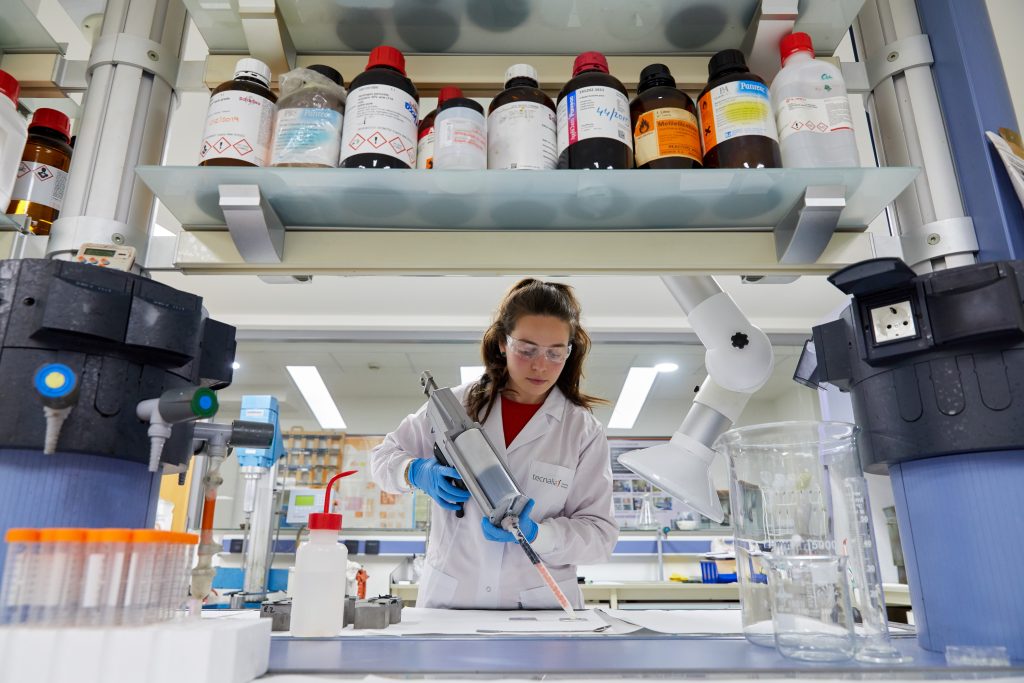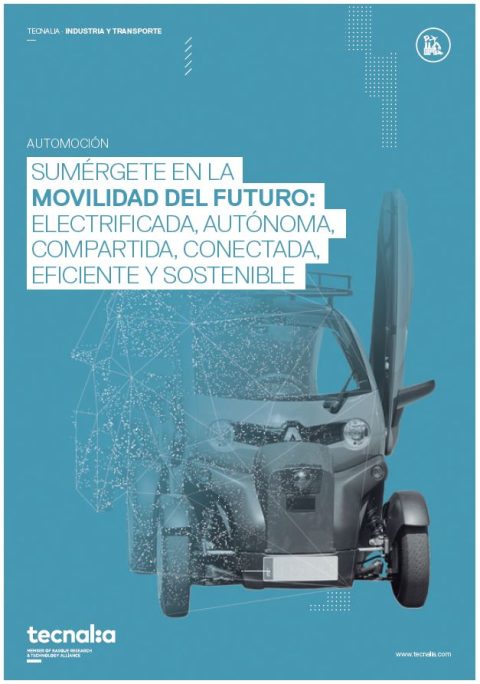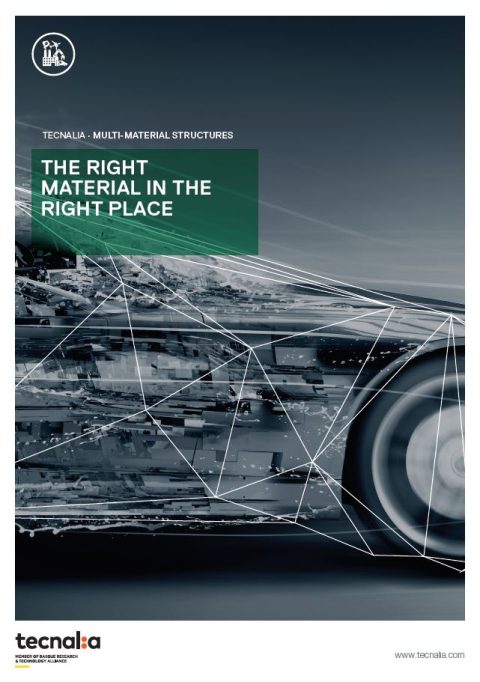Set of laboratories for developing advanced solutions for multi-material joints (metal-metal, metal-composite), based on different available technologies, and their hybridisation (adhesive bonding, laser bonding, VCSEL bonding, pop-riveting mechanical bonding, self pierce riveting, deformation bonding, etc.).
Location
Description
The laboratories include all stages of the process: compatibility of materials, characterisation of joints and materials, process simulation, functionalisation of the surface to improve resistance, implementation of the appropriate joining method, monitoring and controlling the main relevant parameters, etc.
The most important equipment in the laboratories is:
- Robot cell for laser joining multi-material components: 3.1 kW diode laser with different focusing optics, Fanuc robot, clamping devices for characterising joints (shearing, cross-tensile strength, peeling), flexible end-effector for combining 3D geometries, monitoring and closed-loop control system.
- Cell for mechanically joining multi-material components (G1.6 servo-electric riveting system with a C-frame classified for riveting forces of up to 80 kN).
- Cell for joining multi-material components based on VCSEL technology: 4.8 kW high power VCSEL module, closed circuit temperature control system.
Aimed at:
- Manufacturers of automotive components: OEMs, TIER1, TIER2.
- Manufacturers of aerospace structures and subsystems.
- Manufacturers of advanced structural elements in general.




